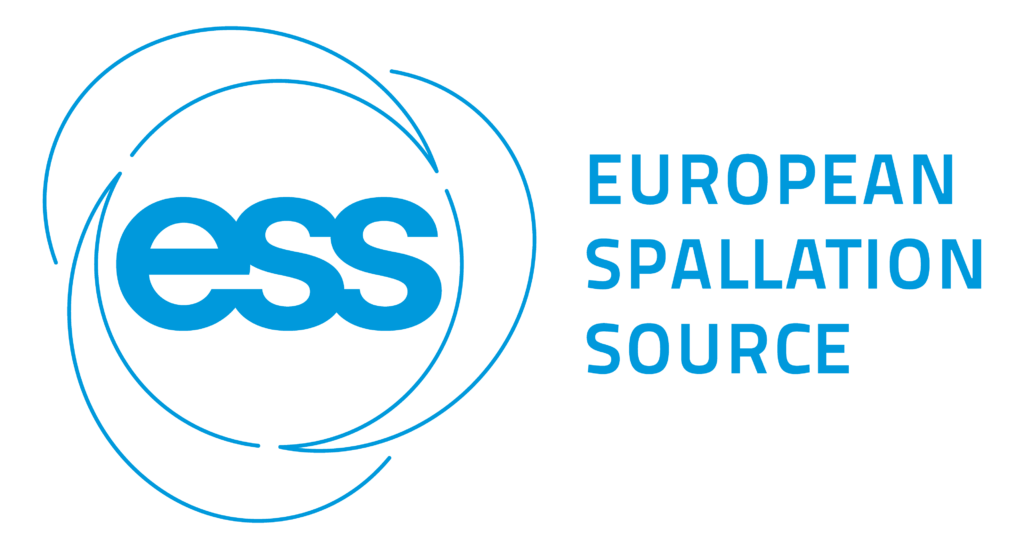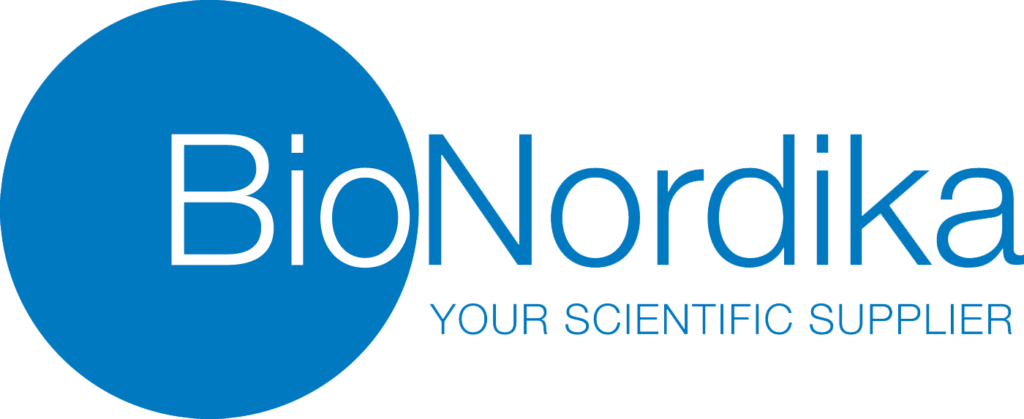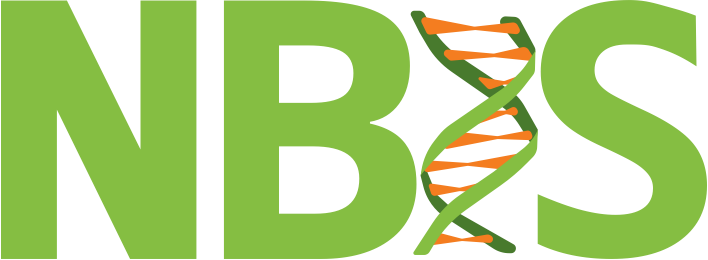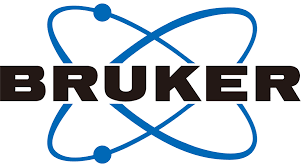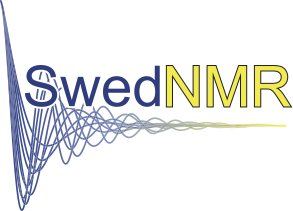SciLifeLab, MAX IV and ESS tackle many questions at the atomic and molecular level!
Integrative structural biology course 2022
InfraLife course in integrative structural biology covered not only the basics of state-of-the-art structural biology techniques, but also how to combine the information to address a biological question. The course took place between Aug 22 and Sept 2nd 2022.
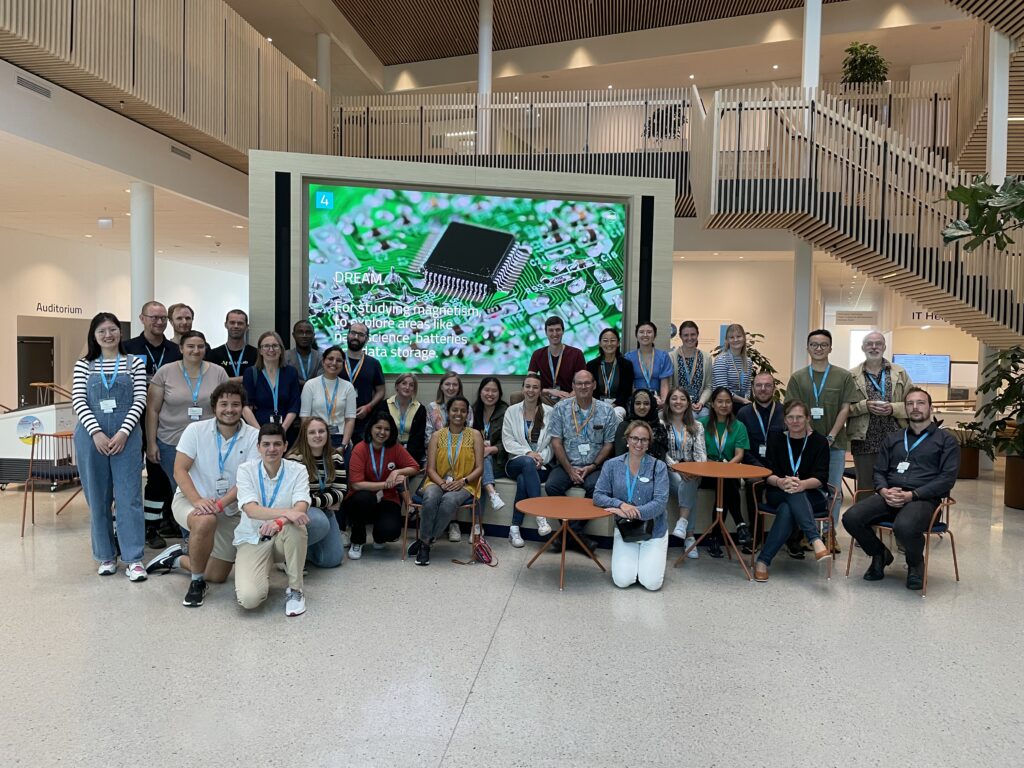
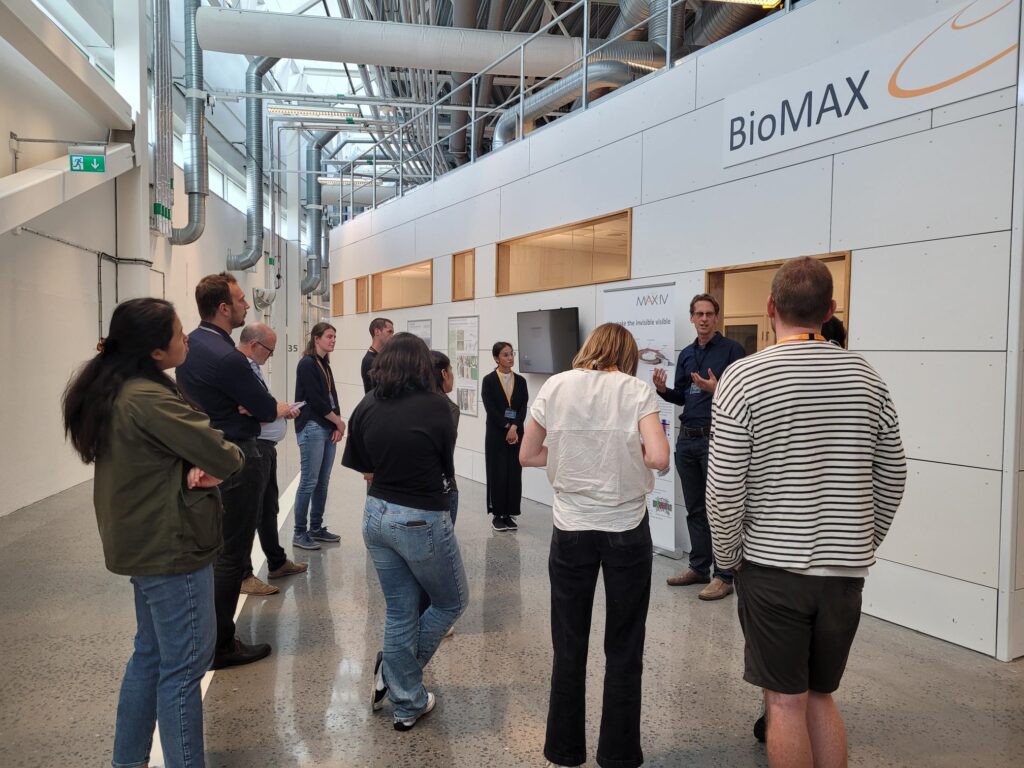
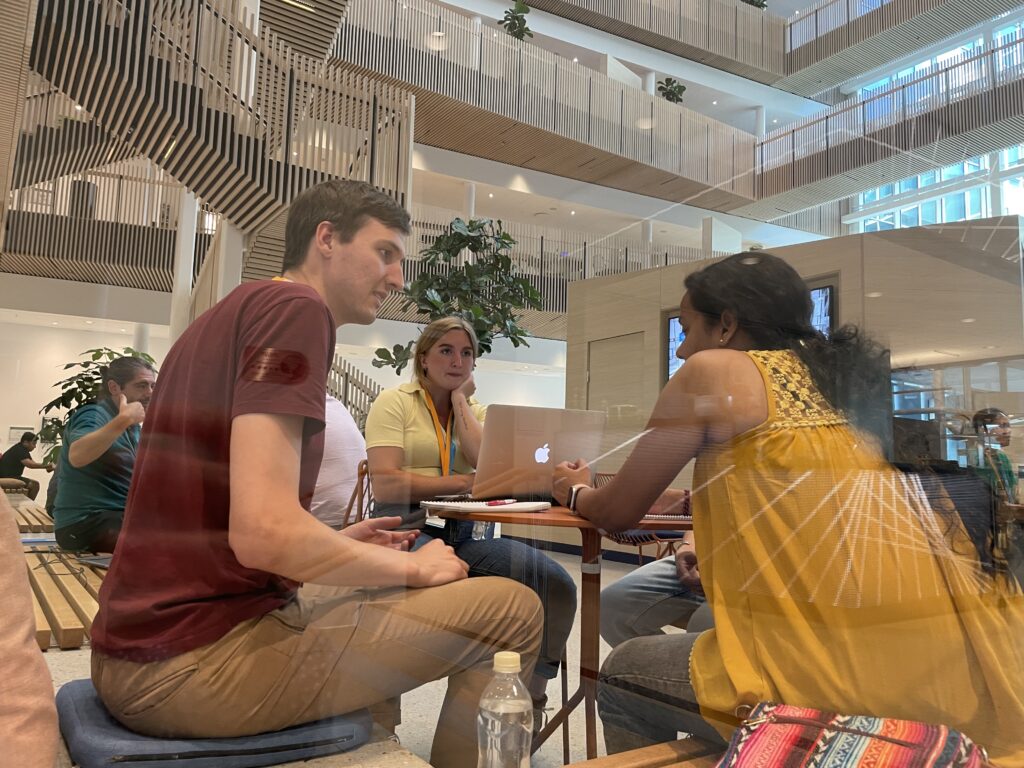
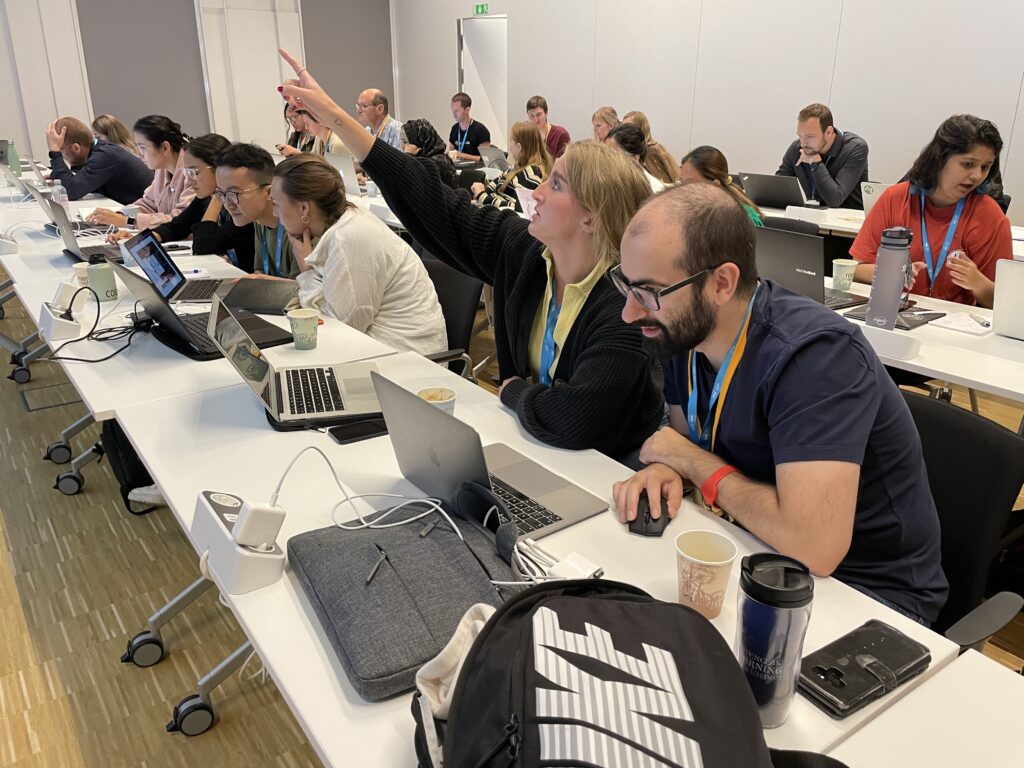
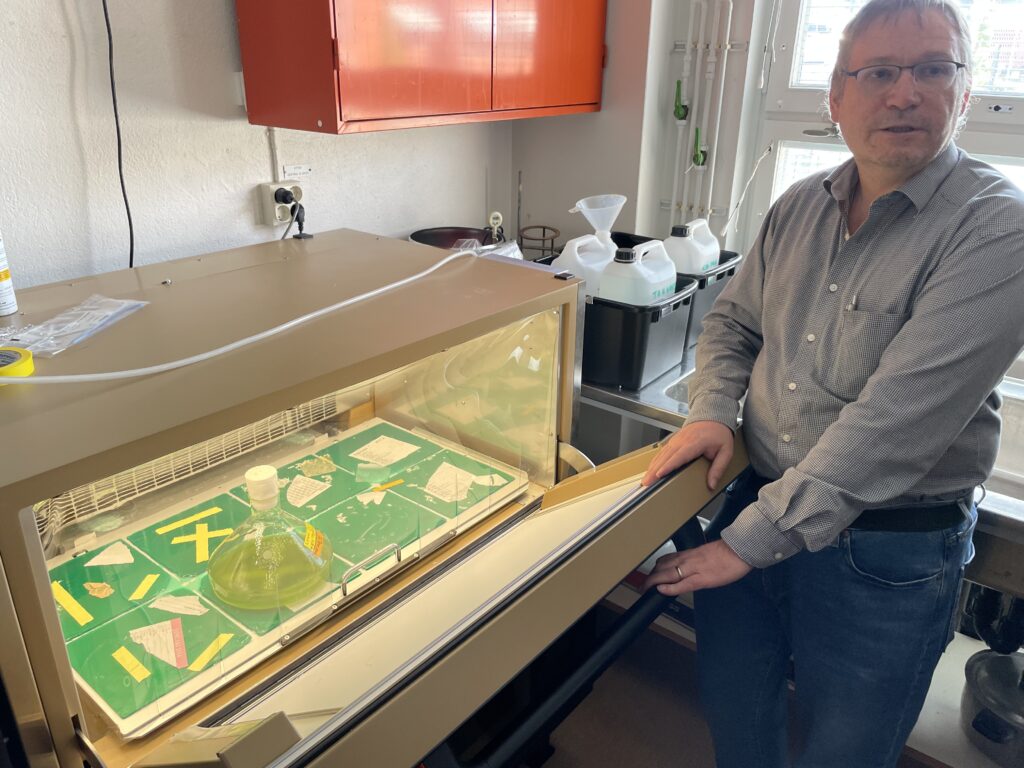
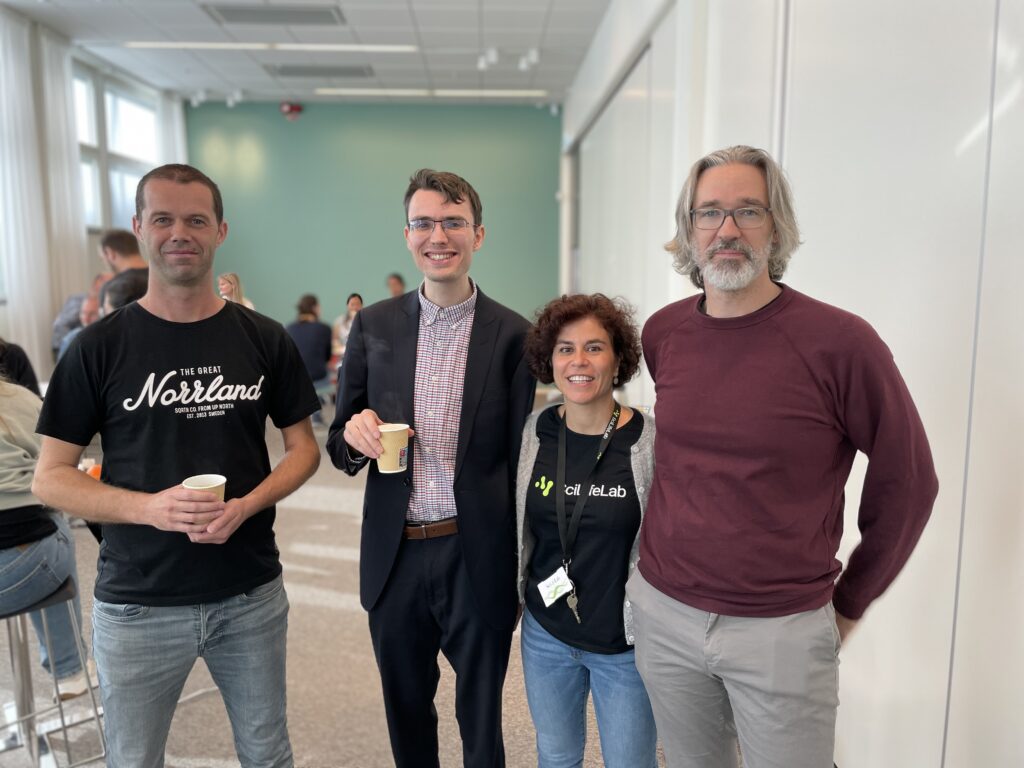
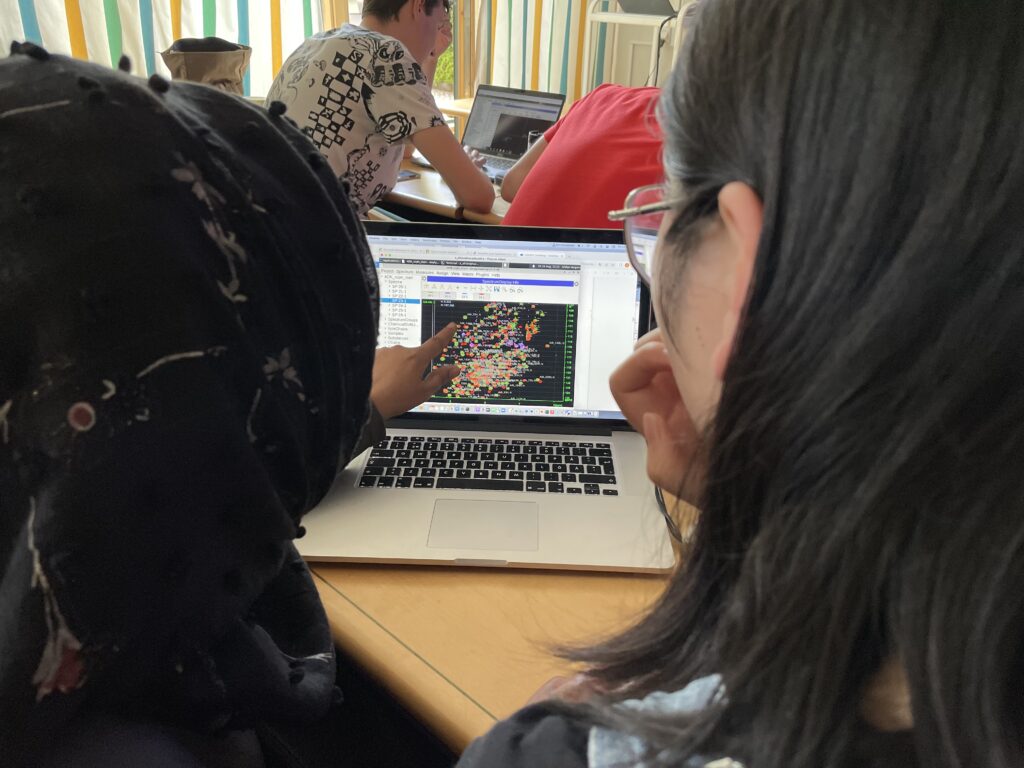
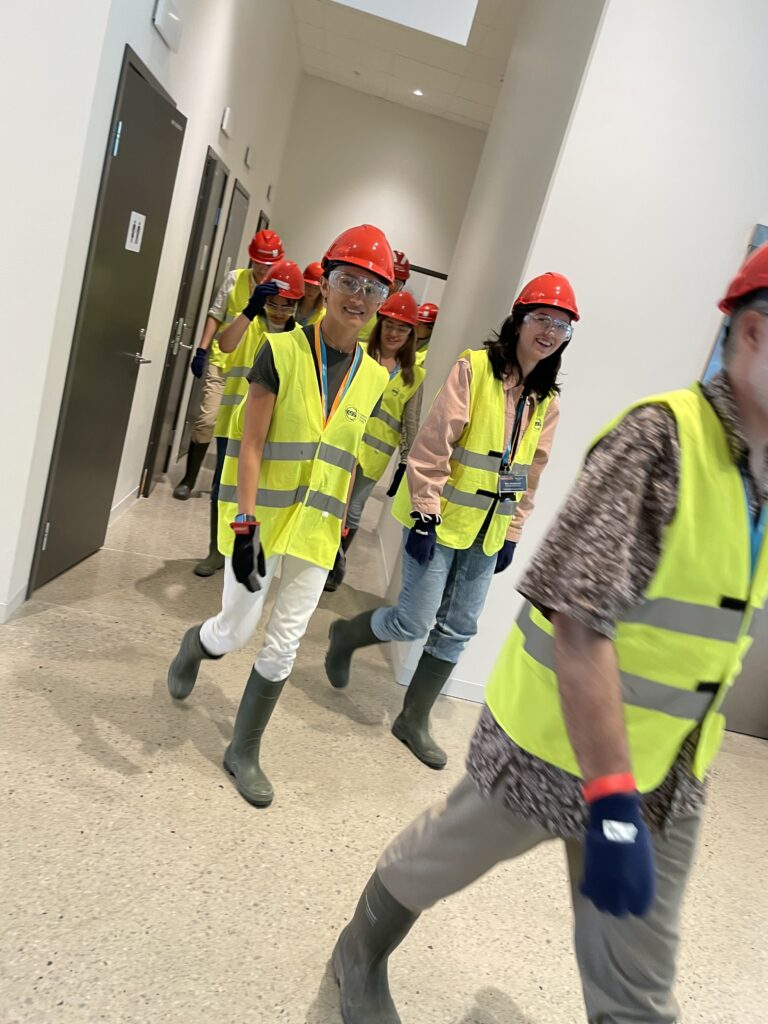
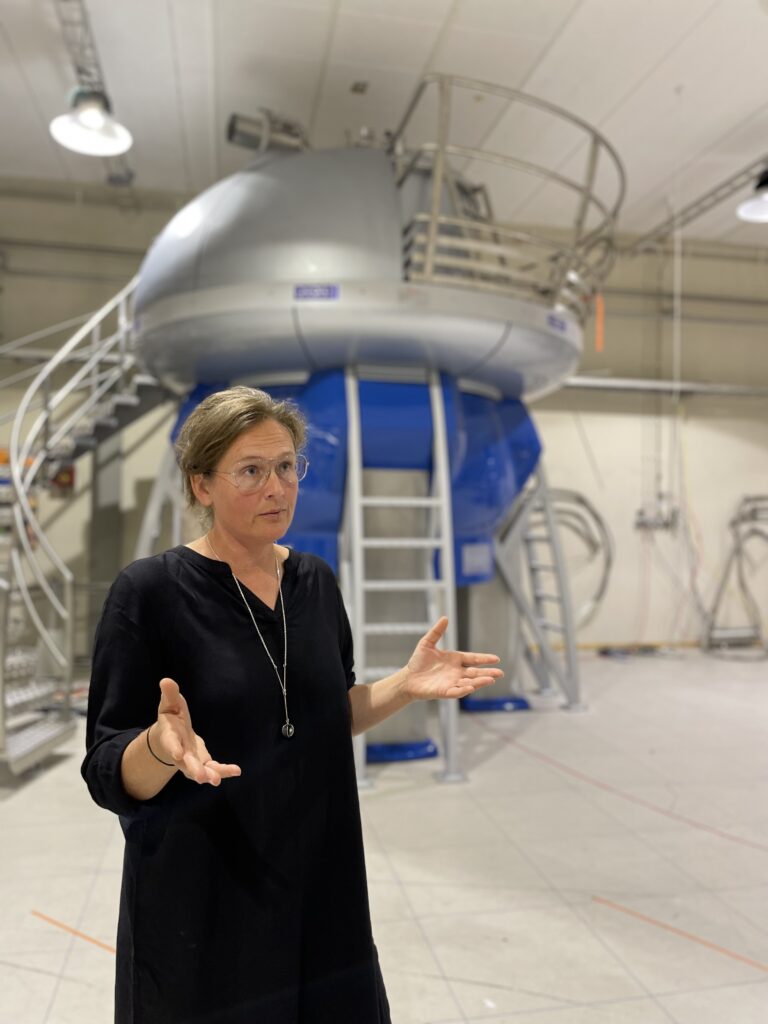
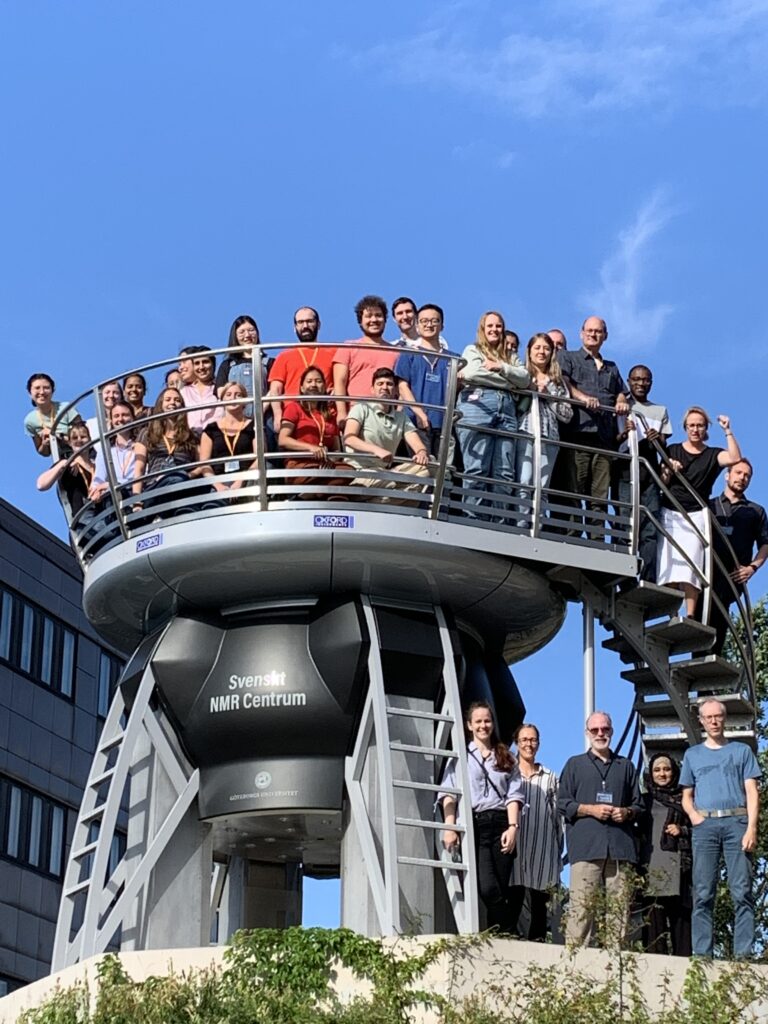
Don’t miss out to Apply (before June 20th 2024) for the 2024 version of the course
What the course covered
The two week course was a joint effort between the three large-scale research infrastructures SciLifeLab, MAX IV and ESS and additional related platforms. The aim was to give an overview of the structural biology available at the research infrastructures in Sweden. The course focused on understanding the sample requirements, the nature of structural information that can be obtained and how data from multiple structural biology methods can be combined using e.g. computational chemistry techniques. The course consisted of lectures, key note speakers, modelling practicals and facility visits. In addition, there were also events allowing time for networking within the group of students, the teachers and other infrastructure personnel, contributing to an expanded professional network.
Click here to read interviews with some of the students of the course.
Technologies/methods:
- *Macromolecular X-ray and neutron crystallography
- *Small angle X-ray and neutron scattering
- *Cryo-electron microscopy
- *Macromolecular nuclear magnetic resonance spectroscopy
- *Structural mass spectrometry
- *Modelling and Computational methods
- *Biophysical characterization
Keynote speakers:
A number of exciting keynote speakers presented scientific examples of how integrative structural biology techniques can be used to solve intriguing questions.
- Professor Poul Nissen, Aarhus University, Structure and mechanism of membrane transporters
- Professor Carmen Domene, University of Bath, Computer simulations of complex biological systems
- Research Specialist Hanna Barriga, Karolinska Institute, Coupling lipid nanoparticle structure and composition
Lessons on modelling/computational methods:
We had several lectures on modelling and computational techniques for structural biology.
- Associate professor Lucie Delemotte, Integrating physics-based and evolutionary modelling to investigate the conformational dynamics of membrane proteins
- Professor Gunnar von Heijne, Different approaches to the study of cotranslational protein folding
- Professor Erik Lindahl, Integrative structural biology: Combining cryo-EM, simulations and electrophysiology to understand membrane protein functions
- Principal Research Engineer Claudio Mirabello, The protein structure prediction problem: from Anfinsen to AlphaFold.
Target group
The course was open to scientists of all age from academia, health care and industry. Level approximately corresponding to PhD student or postdoc depending on experience. Applicants welcome from Sweden, the Nordics, and other countries.
Sponsors
This InfraLife integrative structural biology course was organized with funding support from the Swedish research council, Lif, Excillum, NBIS, SwedNMR, Bruker, Thermo Fisher and CryoNET.
Thank you!
